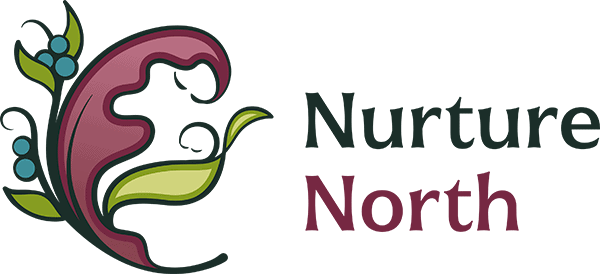(January 2019 – Present)
The MiSW program is a 20-week certificate program that prepares graduates to work with expectant mothers, their infants and families. The program aims to improve the care of mothers and infants living in remote First Nations by providing enhanced skills to community health workers in those communities and addressing issues with transitions in care. Further, the program aims to increase educational attainment and economic opportunities for Indigenous women living in remote communities.
Traditional and western teachings are blended throughout the course. The Maternal-infant Support Workers incorporates Indigenous cultural beliefs, values and practices by applying a holistic approach and a client-centered focus to assess the needs of their clients. A major component of the program can be delivered in the learner’s home community via distance education with centralized coordination, facilitation and support. Students learn to navigate the roles of hospitals and support services provided in pregnancy, as graduates undertake an important role in helping women communicate with professional health and social service works.
The first cohort of six women graduated from the MiSW program on April 5, 2019, while the second cohort of five students graduated on August 23, 2019. They are actively providing prenatal and postpartum programming in their communities. The communities involved include Bearskin Lake, Fort Severn, Kingfisher Lake, Kitchenuhmaykoosib Inniwug, Mishkeegogamang, Muskrat Dam, Sandy Lake, Slate Falls, Wapekeka Lake and Weagamow Lake.
Future Steps:
We are currently looking for more funding opportunities to improve the program and further support First Nations interested in the program.
Research Team/Partners:
- Naana Jumah (NOSM)
- Angelina Anderson (Confederation College)
- Leanne Tyler (Lakehead University)
- Terry O’Driscoll (SLMHC)
- Terry Sakyama (SLAAMB)
Partnership:
Confederation College has collaborated with the Centre for Rural and Northern Health Research (CRaNHR), the Sioux Lookout Area Aboriginal Management Board (SLAAMB) and the Sioux Lookout Meno Ya Win Health Centre (SLMHC) to establish the MiSW Program.
Funding:
Ontario Ministry of Health and Long-Term Care’s Health System Research Fund (HSRF) Program Awards (2017-2019) and the Sioux Lookout Area Management Board (SLAAMB) (2019)
